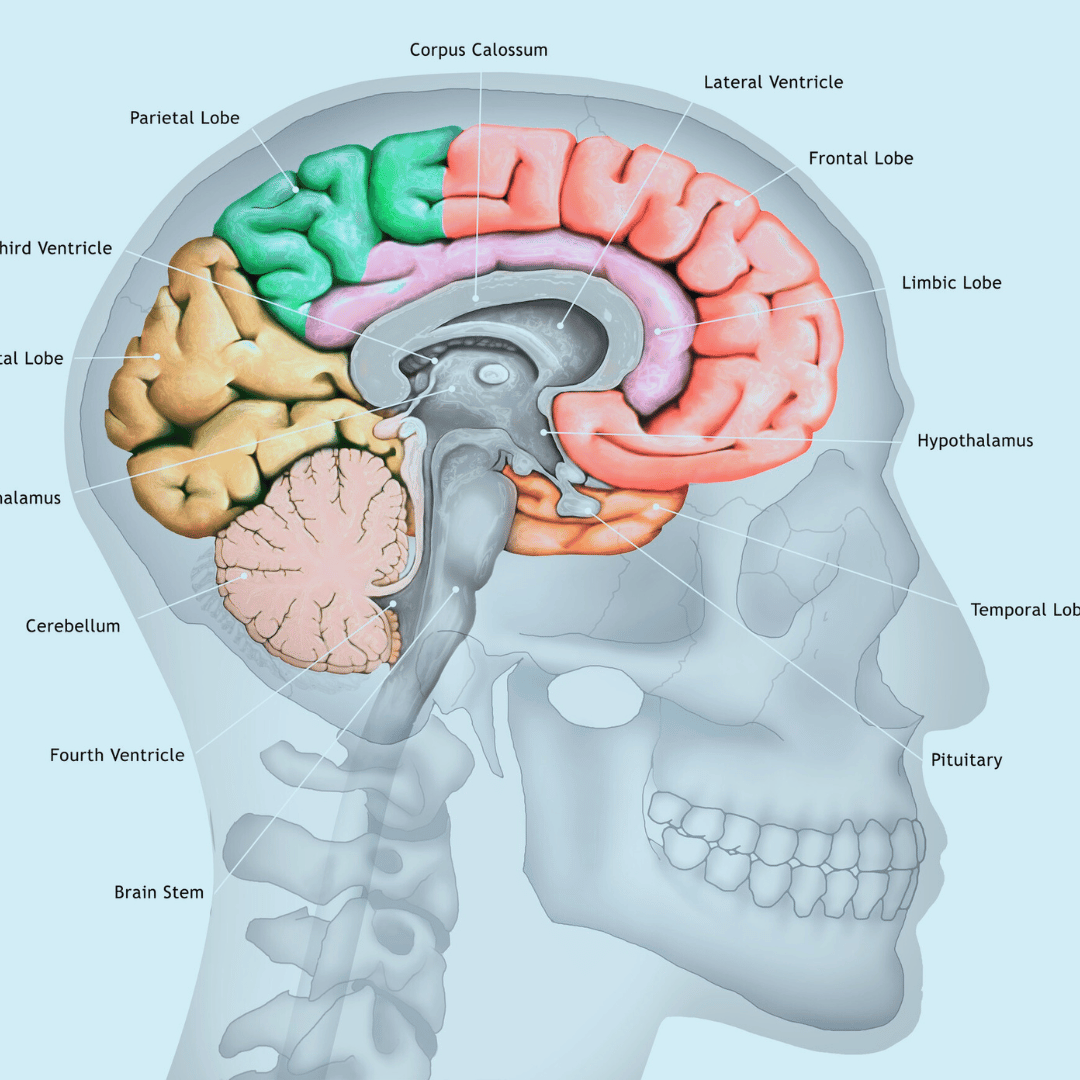Dealing with heightened emotions and conflicts is a common part of daily life, whether at work, at home, or in social settings. To effectively manage and de-escalate these situations, it’s important to understand what happens during an escalation cycle and how your brain responds to rising stress and conflict. This knowledge can help you navigate and defuse tense moments more effectively.
What is an Escalation Cycle?
The escalation cycle refers to the process through which a situation or conflict gradually intensifies, leading to heightened emotions and potential outbursts. This cycle often follows a predictable pattern:
Trigger: An initial event or statement that provokes a reaction. This could be anything from a minor disagreement to a significant stressor.
Escalation: As the initial trigger is processed, emotions begin to build. The individual’s response might become increasingly agitated, with their behavior becoming more intense or aggressive.
Crisis: At this peak stage, the situation reaches a high point of conflict or distress. The individual may experience a meltdown or act out in a way that could be disruptive or damaging.
De-escalation: The crisis phase eventually subsides, but the aftermath can leave lingering feelings of frustration or hurt. This stage involves the process of calming down and resolving the conflict.
Recovery: After the situation has calmed, reflection and recovery occur. This phase involves addressing what happened, understanding the triggers, and planning how to handle similar situations in the future.
What Happens in Your Brain During the Escalation Cycle?
Understanding the brain’s role in the escalation cycle can shed light on why emotions intensify and how to manage them more effectively.
- Perception of Threat: The cycle often begins with the brain perceiving a threat or stressor. This perception is processed by the amygdala, the brain’s emotional center, which quickly assesses whether the situation is dangerous.
- Activation of the Stress Response: When a threat is detected, the amygdala sends signals to the hypothalamus, which activates the body’s stress response system. This involves the release of stress hormones like cortisol and adrenaline from the adrenal glands. These hormones prepare the body for a “fight or flight” response.
- Heightened Emotional Response: As stress hormones flood the body, the brain’s prefrontal cortex—the area responsible for rational thinking and decision-making—can become less effective. This results in a heightened emotional state where impulsive reactions are more likely. The individual may feel overwhelmed, irritable, or aggressive.
- Escalation of Behavior: With the prefrontal cortex impaired and the amygdala in overdrive, emotional responses become more intense. This can lead to escalated behavior and poor judgment. At this time, the brain is focused on managing perceived threats rather than problem-solving.
- Crisis and Emotional Overflow: During the crisis stage, the brain’s stress response is at its peak. Basically, there is no “emotional regulation” and the person may even have a meltdown. This can manifest as yelling, crying, or other intense behaviors.
- De-escalation and Recovery: As the immediate threat diminishes and stress hormones gradually return to normal levels, the prefrontal cortex begins to regain control. This allows for more rational thinking and reflection. The individual starts to process the situation more calmly and work towards resolution.
How to Manage the Escalation Cycle
Understanding the brain’s role in the escalation cycle provides insight into effective de-escalation strategies:
- Identify Triggers: Recognize what triggers the escalation and address these issues early to prevent the cycle from intensifying.
- Practice Mindfulness: A lot of people talk about mindfulness without explanation. It’s sort of this fun thing we say that carries little weight. However, we aren’t doing that here. So if you want to learn breathwork, please read this. And if you need a place in Savannah to practice, click here. Got kiddos? How to teach kids mindfulness here. The reason mindfulness is so great is because it helps regulate the amygdala. When the amygdala is chilled out, the prefrontal cortex can function.
- Use De-escalation Techniques: Techniques such as active listening, empathetic communication, and offering space can help manage heightened emotions and reduce the intensity of conflicts.
- Create a Safe Environment: Ensure that the environment is supportive and non-threatening, which can help reduce the perception of threat and mitigate the escalation cycle.
- Reflect and Learn: After the situation has calmed, reflect on what happened and how you can handle similar situations more effectively in the future.

Start Receiving Support From Therapists in Savannah, GA
The escalation cycle is a complex interplay between emotional triggers and brain responses that leads to heightened conflict and distress. By understanding what happens in your brain during these cycles, you can better manage and de-escalate tense situations. If you are struggling with escalation cycles, consider seeking professional help. Give us a call today, 912.319.5552. A licensed therapist or counselor can provide guidance, validation, and coping strategies tailored to your unique needs and circumstances. Therapy can offer a safe space to explore your feelings, fears, and uncertainties, as well as develop practical skills for managing stress, anxiety, and depression. Our team would be honored to offer support from our Savannah, GA-based practice. You can start your therapy journey by giving us a call at 912.319.5552 or emailing us at info@watersedgecounseling.com.
Other Services Offered With Waters Edge Counseling
We understand that you may experience issues with more than one mental health concern at a time. This is why we are happy to offer support with a variety of mental health services. Our team is happy to offer support with multiple mental health services including online counseling, clinical supervision, coping after a cancer diagnosis, and SCAD student counseling. We are also happy to offer therapy for anxiety, depression, eating disorders, substance abuse, teen substance abuse, and counseling for men. In addition, we also offer counseling for teens, child counseling, family counseling, Christian counseling, grief counseling, and marriage counseling.
Please note: While this blog is designed to help people achieve their goals, the information within each post is not a substitute for therapy or medical advice given by a licensed professional.

